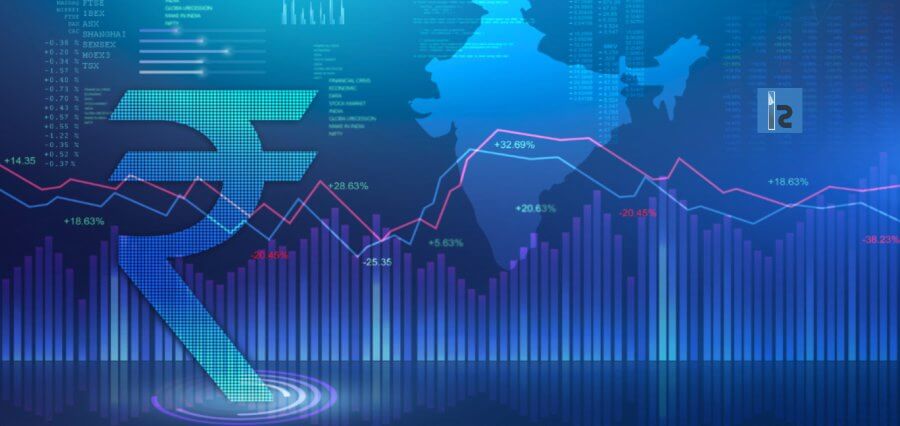The initial pilot will be covering the four cities of Bhubaneshwar, New Delhi, Mumbai, and Bengaluru, enabling the merchants and customers in using the e-rupee or Digital Rupee (e₹-R).
The Reserve Bank of India commonly known as RBI is set to launch the first pilot phase of its eventful Central Bank Digital Currency (CBDC), a similar form of cryptocurrency, for retail users in Mumbai. The exploratory stage will initially cover the four cities of Mumbai, New Delhi, Bhubaneswar, and Bengaluru, where several businessmen, merchants, traders, and customers in imparting their use of the e-rupee or the digital rupee (e₹-R) respectively. The controlled launch of the digital rupee in these four cities will be initiated through the Four prominent banks—IDFC First Bank, Yes Bank, ICICI Bank, and State Bank of India.
In the beginning, the experimental phase of the digital rupee is expected to cover only the closed user group (CUG) comprising numerous merchants, traders, and customers. merchants. According to the RBI’s explanation on the topic, the e-Rupee is a form of digital token that represents legal tender. However, it will not be like other cryptocurrencies, the digital Rupee is issued in the same denominations as paper currency and coins.
The RBI elaborated in depth that the digital Rupee will be distributed through intermediaries like banks to the merchants and customers. The transactions of the e-rupee can be made through a digital wallet provided by the respective banks and configured on electronic devices or smartphones of the users.
RBI also confirmed the two different types of transactions that can be made on Person to Merchant (P2M) and Person to Person (P2P) modes of operations. Similar to online transactions, the users will be able to make payments through e-Rupee by scanning the QR codes as displayed in various merchant locations.
The RBI stated in its official statement, “The e-Rupee would offer features of physical cash like trust, safety and settlement finality. As in the case of cash, it will not earn any interest and can be converted to other forms of money, like deposits with banks.”
RBI also revealed that the exploratory phase of the digital rupee will identify the durability and reliability of the complete process of digital rupee creation, assimilation, distribution, and monitoring the retail usage applications on a day-to-day basis. The team of experts is testing various features and other applications of the digital currency and its architecture is going to be finely tested in the upcoming experimental drives, based on the research observations from this initial test run.
The Reserve Bank of India is India’s central bank and the prime regulatory body responsible for the regulation of the Indian banking system. It is governed and owned by the Ministry of Finance, Government of India and is responsible for the control, issue, and supply of the Indian Rupee. The RBI was founded in 1935 in Kolkata, the capital of West Bengal.
In furtherance, RBI mentioned that four more banks are expected to be a part of the exploratory phase of the digital rupee that includes Kotak Mahindra Bank, Union Bank of India, HDFC Bank, and Bank of Baroda respectively.
In its later stages, the digital rupee will be explored in several other cities of Shimla, Gangtok, Guwahati, Lucknow, Patna, Indore, Hyderabad, and Kochi. This will steadily be unfolded to other parts of the country based on the research finding from the locations it is launched earlier.
The RBI further mentioned, “The scope of the pilot may be expanded gradually to include more banks, users, and locations as needed.”


